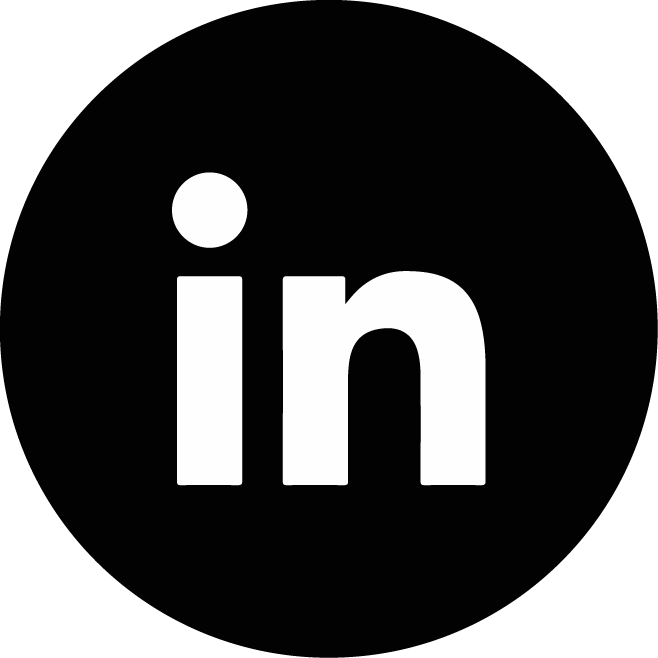|
Digital health startup AESOP Technology has raised a $2.95 million series pre-A round to address the growing medical and billing errors problem. The round was led by Taiwania Capital with participation from Colopl Next, 500 Startups, and BE Capital.
Originally from Taiwan, AESOP started as a university spin-off from Taipei Medical University (TMU). Professor Yu Chuan (Jack) Li, the founder and current president of the International Medical Informatics Association, spent ten years before AESOP working on big data approaches to reduce medication errors. He initially applied the model to launch a product, RxPrime (previously known as MedGuard), that identifies wrong-drug errors. During the pandemic in 2020, Prof. Li officially established AESOP in the US with his former student, who grew to become CIO of a TMU-affiliated hospital, Dr. Jim Long, and former TMU Visiting Assistant Professor, Dr. Jeremiah Scholl. They worked together to broaden the types of errors the AI could identify and on products they could use to improve the US healthcare system. "Our solution is revolutionary and generalizable." CEO Jim Long described. "We have developed an AI model with an exceptional understanding of the association between diagnoses and structured clinical data like medications, lab results, and procedures." One of the first errors RxPrime identified was a 9-year-old girl accidentally prescribed an anti-schizophrenia drug for simple back pain. Another commonly prescribed error was Acetaminophen (pain killer), sometimes mistaken as Acetazolamide (glaucoma and altitude illness). "These mistakes might occur just because the two drugs have look-alike or sound-alike (LASA) names. It is horrible to think about, but errors like LASA happen in hospitals everywhere." Jim explained
By tweaking the model developed for RxPrime, they quickly launched a second product, DxPrime, focusing on diagnosis errors. "Launching AESOP when the pandemic was outbreaking also made us think about using AI to save physicians time and reduce burnout." CPO Jeremiah Scholl said. "Instead of only flagging errors, we can also use it to clarify the proper diagnosis and remind missing ones.
When diagnosing, physicians need to consider many factors simultaneously and then select the related and unique code from the 68,000-diagnosis code list. However, hospital information systems are more designed to support medical billing than clinical decision-making. "With DxPrime, we directly display all the plausible proper diagnoses to the physicians to consider, help them keep focused on what matters without wasting time searching or getting bothered later to fix it." DxPrime has achieved 100% user adoption based on extensive experience in physician-centric clinical decision support systems, and its solutions have been approved to be clinically relevant. Helping physicians efficiently select the correct diagnostic code also results in more accurate billing. AESOP claims that the first few hospitals using DxPrime have seen a 5% increase in reimbursement per inpatient and fewer denials from insurance companies. The fact that various venture capital investors from the US, Japan, and Taiwan participated in AESOP's pre-A fundraising demonstrates the importance that the international community places on the advancement of medical technology. AESOP can also connect different local resources and business relationships for international expansion by seizing this opportunity. AESOP will use the funding to secure their push into the US market and strengthen the tech team. This push follows them moving their headquarters to San Francisco, launching two apps in the Epic App Market, being accepted into the Mayo Clinic Platform_Accelerate, and publishing a paper with Harvard University last year demonstrating the portability of their model at US hospitals.
Reference: Yahoo News
評論已關閉。
|
全部
|
醫守科技股份有限公司
|

|
© AESOP Technology 2024





